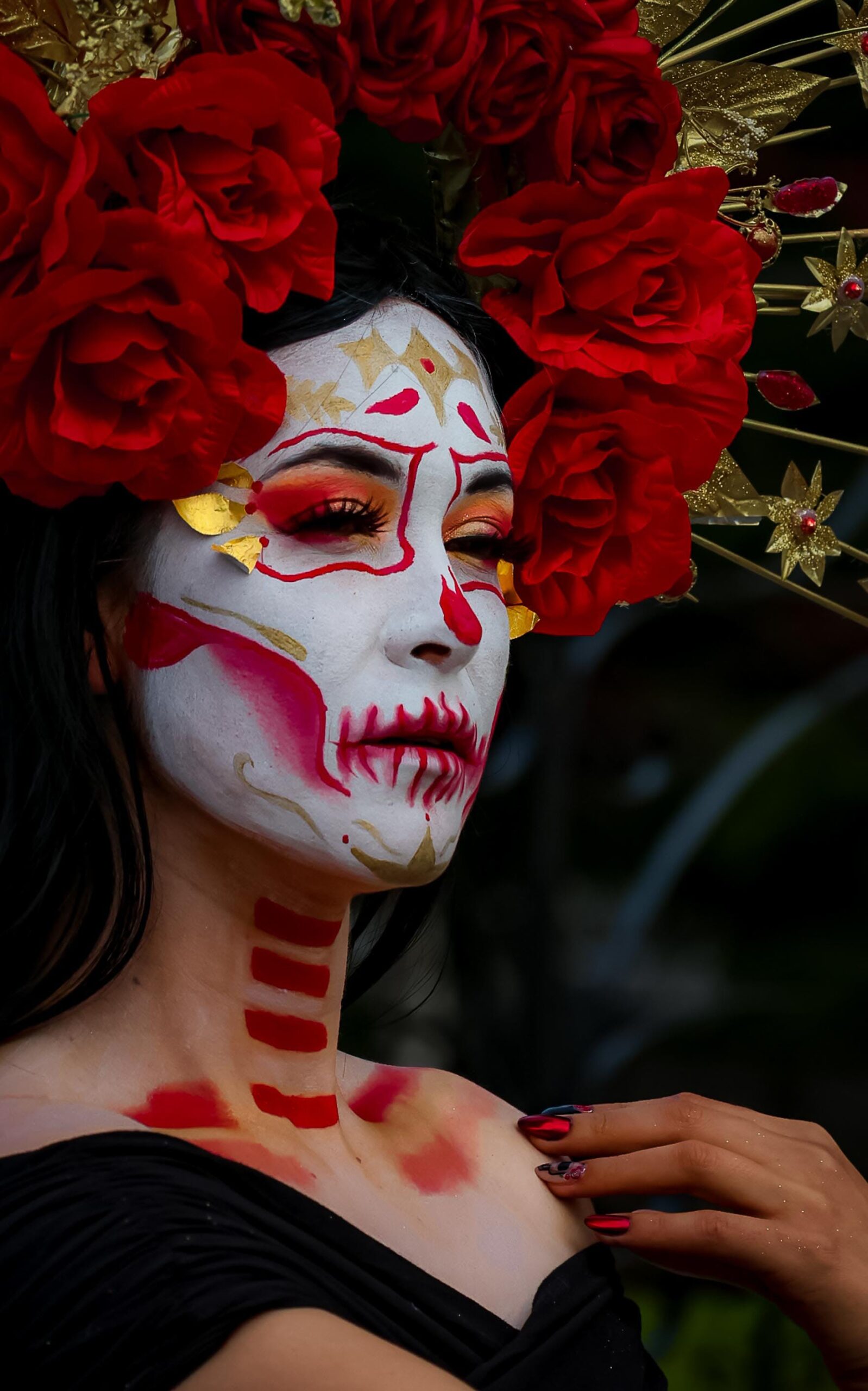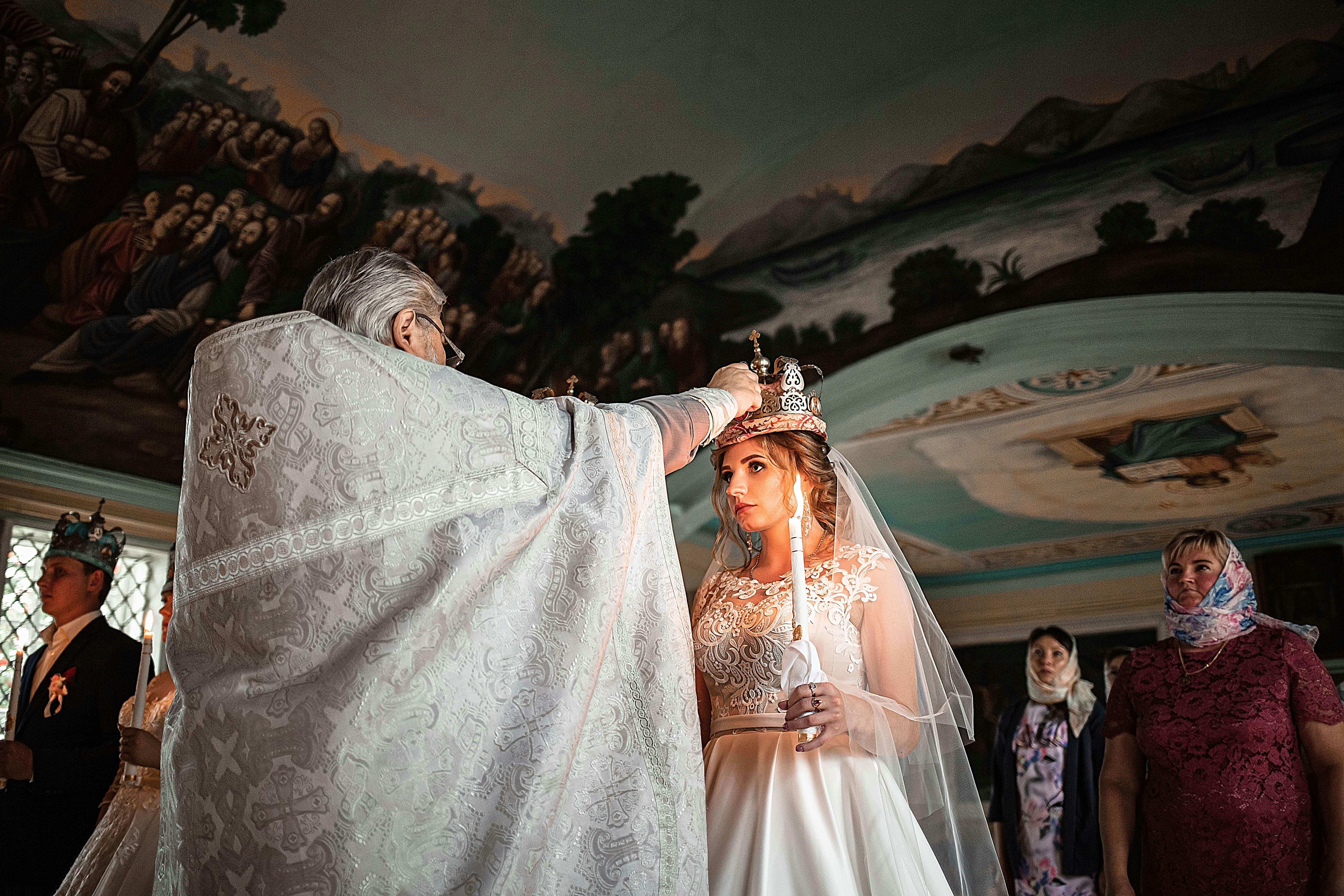Step into a world where coffee is more than just a caffeine fix – it’s a cultural experience. From the bustling streets of Istanbul to the tranquil tea houses of Japan, coffee rituals have been engrained in societies across the globe for centuries. In this article, we invite you to embark on a journey with us as we explore the fascinating traditions and customs that surround coffee in different corners of the world. Get ready to immerse yourself in the rich aromas, intricate brewing methods, and meaningful rituals that make coffee more than just a drink – it’s a cultural brew.

Ethiopia: The Birthplace of Coffee
Coffee as a Spiritual Experience in Ethiopia
Ethiopia, the enchanting land in East Africa, is often regarded as the birthplace of coffee. Here, coffee is not just a beverage but a spiritual experience that has deep roots in Ethiopian culture and traditions. The aromatic and flavorful coffee holds a sacred place in the daily lives of Ethiopians, and it is deeply intertwined with their religious practices and social gatherings.
The Traditional Ethiopian Coffee Ceremony
In Ethiopia, the brewing and serving of coffee is an elaborate and time-honored tradition known as the Ethiopian coffee ceremony. This ceremonial ritual brings people together and fosters a sense of community and connection. The host or hostess meticulously prepares the coffee using traditional methods, such as roasting the beans over an open flame and grinding them by hand with a mortar and pestle. The coffee is then brewed in a jebena, a traditional clay coffee pot, over charcoal. The rich aroma of the coffee fills the air as it slowly percolates, creating a sensory experience like no other.
The Role of Coffee in Ethiopian Society
Coffee plays a significant role in Ethiopian society, extending beyond the spiritual and ceremonial aspects. It is a symbol of hospitality and friendship, and a cup of coffee is often offered to guests as a gesture of warm welcome. Ethiopians take great pride in their coffee, which is known for its smooth and bold flavor profiles. Whether enjoyed at home, in cafes, or during social gatherings, coffee is the beverage of choice for fostering meaningful connections and fostering a sense of unity among Ethiopians.
Italy: The Art of Espresso
The Birth of Espresso in Italy
Italy, renowned for its rich culinary traditions and art, is credited with the invention of espresso. In the early 20th century, Italian inventors pioneered the development of a brewing method that would produce a concentrated and flavorful shot of coffee quickly. This marked the birth of espresso. The Italians perfected the art of extracting the essence of coffee by passing pressurized hot water through finely ground coffee beans.
Italian Coffee Culture and Social Rituals
Coffee plays a central role in Italian culture, and Italians have developed a unique coffee-drinking ritual. It is common for Italians to begin their day with a quick espresso at a local café, standing at the bar for a brief moment of indulgence before starting their busy day. Coffee breaks, known as “pauze caffè,” are cherished moments of relaxation and social connection. Italians savor their coffee slowly, engaging in conversations and enjoying the company of friends and colleagues.
The Espresso Bar Experience
In Italy, the espresso bar is not just a place to grab a quick cup of coffee; it is a cultural institution. These establishments, with their bustling atmosphere and skilled baristas, are the heartbeat of Italian coffee culture. The art of making espresso is taken seriously, with baristas honing their skills to create the perfect shot of crema-topped coffee. The espresso bar experience is not just about the coffee itself but also about the sense of community and camaraderie that comes with it. It is a place where strangers become acquainted, ideas are exchanged, and relationships are forged.
Turkey: Coffee as an Expression of Hospitality
The Turkish Coffee Tradition
Turkey has a long-standing love affair with coffee, dating back to the Ottoman Empire. Turkish coffee, known for its strong and rich flavor, is brewed using a unique method that involves simmering finely ground coffee with water in a traditional pot called a cezve. The coffee is then poured into demitasse cups, allowing the sediment to settle at the bottom. Serving Turkish coffee is seen as an act of hospitality and a way to honor guests.
The Turkish Coffee Fortune Telling
One intriguing aspect of Turkish coffee culture is the practice of fortune telling using coffee grounds. After enjoying their cup of coffee, the leftover grounds at the bottom of the cup are swirled around. The cup is then inverted onto a saucer, allowing the patterns formed by the coffee grounds to create a fortune. Skilled fortune tellers, known as “falci,” interpret these patterns and provide insights into the future of the coffee drinker. This ancient tradition adds a mystical and enchanting element to the Turkish coffee experience.
Turkish Coffee as a Symbol of Hospitality
In Turkey, offering a cup of coffee is a gesture of warm hospitality and a way to forge connections with others. It is customary to welcome guests into one’s home with a freshly brewed cup of Turkish coffee. Sharing a cup of strong and aromatic coffee creates an intimate atmosphere, allowing individuals to engage in meaningful conversations and bond over their coffee experience. Turkish coffee exemplifies the Turkish values of generosity, warmth, and togetherness.
Japan: The Art of Pour Over
The Japanese Tea Ceremony Influence
Japan has a long and esteemed history of tea culture, and this influence has extended to the art of pour-over coffee. The meticulous attention to detail and reverence for the process evident in the Japanese tea ceremony have been applied to coffee brewing. Japan’s pour-over coffee method, known as “siphon” or “filter,” transforms coffee preparation into a meditative and Zen-like ritual.
The Slow Drip Brewing Technique
Pour-over coffee in Japan is a slow and deliberate process focusing on precision and balance. The technique involves pouring hot water over finely ground coffee in a filter cone, allowing the water to slowly drip through. This method enhances the clarity of flavors and aromas, producing a delicately brewed cup of coffee. The slow and deliberate process of pouring the water creates a calming and peaceful experience.
Coffee as a Zen Ritual
For many in Japan, pour-over coffee is more than just a beverage; it is a ritual that promotes mindfulness and tranquility. The act of brewing and savoring a cup of coffee becomes an opportunity to fully immerse oneself in the present moment. Japan’s pour-over coffee culture embodies the principle of “ichi-go ichi-e,” which emphasizes treasuring each encounter as a once-in-a-lifetime experience. The art of pour-over coffee has found a perfect home in Japan, where simplicity, harmony, and attention to detail are highly valued.

Vietnam: The Art of Vietnamese Iced Coffee
The Strong and Sweet Vietnamese Coffee
Vietnam is known for its unique and delicious take on coffee, particularly their popular Vietnamese iced coffee, also known as “ca phe sua da.” Vietnamese coffee is distinctive due to its use of bold and robust Robusta beans, which are known for their higher caffeine content. The coffee is traditionally brewed using a “phin” filter, resulting in a thick and concentrated brew. Vietnamese coffee is often enjoyed with condensed milk, creating a perfect balance of bitter and sweet flavors.
The Importance of Condensed Milk
Condensed milk plays a pivotal role in Vietnamese coffee culture. It adds a creamy and silky texture to the coffee while providing a delightful sweetness that complements the strong coffee flavor. The combination of the condensed milk and the strong coffee creates a unique flavor profile that is beloved by coffee enthusiasts around the world. The use of condensed milk as a sweetener reflects the resourcefulness and ingenuity of the Vietnamese people during times of limited resources.
The Traditional Phin Filter
The traditional Vietnamese coffee brewing method involves using a phin filter, a small metal drip filter that sits on top of a glass or cup. The phin filter allows the coffee to slowly drip through, extracting all the bold flavors and aroma. This method of brewing allows for a controlled and precise extraction, ensuring a consistent and flavorful cup of Vietnamese coffee. The phin filter itself has become an iconic symbol of Vietnamese coffee culture.
Sweden: Fika – More Than Just Coffee
The Concept of Fika
In Sweden, coffee breaks take on a whole new meaning. Fika, a cherished Swedish tradition, refers to the act of taking a break with a cup of coffee and a sweet treat. Fika is more than just a coffee break; it is a moment of relaxation, connection, and reflection amidst a busy day. Whether enjoyed alone or with friends, fika represents a pause in the day to appreciate the simple pleasures of life.
Swedish Coffee Breaks and Social Connections
Fika is deeply ingrained in Swedish culture, and it is a time for socializing and building connections. Swedes often gather with friends, family, or colleagues to enjoy a cup of coffee and engage in meaningful conversations. The act of fika fosters a sense of community and solidarity, as individuals come together to share stories, thoughts, and experiences. Swedish coffee breaks transcend the simple act of drinking coffee; they create lasting bonds and strengthen relationships.
Traditional Fika Treats
No fika is complete without a selection of delectable treats. Swedes take great pride in their baking skills, and traditional fika treats are an essential part of the experience. From cinnamon buns (kanelbullar) to almond cakes (toscakaka) and cardamom-flavored cookies (pepparkakor), the array of sweet treats is sure to tantalize the taste buds. These homemade delights are often enjoyed alongside a cup of coffee, adding an extra layer of indulgence to the fika experience.

Greece: Coffee as a Way of Life
The Greek Coffee Culture
For Greeks, coffee is more than just a drink; it is a way of life. Greek coffee, also known as “ellinikos kafes,” is a strong and flavorful brew prepared in a traditional briki, a small pot made of copper or stainless steel. The coffee is brewed by boiling finely ground coffee with water and optional sugar, resulting in a thick and intense beverage. Greek coffee is deeply ingrained in Greek culture, with its consumption spanning generations.
The Importance of Greek Coffee in Socializing
Coffee holds a revered place in Greek social life, serving as a catalyst for meaningful conversations and connections. Greeks often gather in local coffee shops, known as “kafeneia,” to engage in lively discussions, share stories, and debate current affairs. The act of meeting for Greek coffee transcends a simple exchange; it is an opportunity to unwind, bond, and reconnect with loved ones. Greek coffee is a symbol of hospitality, friendship, and the kinship shared among Greeks.
Greek Coffee and Its Traditional Enjoyment
The enjoyment of Greek coffee is a ritual steeped in tradition. It is customary to slowly sip the coffee while allowing the sediment to settle at the bottom of the cup. Once the coffee is finished, the remaining grounds are used for fortune telling, similar to the Turkish coffee tradition. Greek coffee is often accompanied by a glass of cold water, cleansing the palate and enhancing the overall coffee experience. The unique brewing method and cultural significance of Greek coffee make it an integral part of Greek identity.
Morocco: The Art of Moroccan Mint Tea
The Role of Tea in Moroccan Culture
Morocco is a country known for its vibrant culture and rich traditions, and tea holds a paramount place in Moroccan society. Moroccan mint tea, or “atay,” is a fragrant and refreshing beverage that is deeply woven into the fabric of daily life. Hospitality in Morocco is incomplete without the offering of tea, and it plays a vital role in welcoming guests and fostering a sense of warmth and hospitality.
The Ritual of Preparing Moroccan Mint Tea
Preparing Moroccan mint tea is a ceremonial affair that emphasizes precision and craftsmanship. The tea is brewed using a traditional teapot called a “teyba,” which has a long spout to ensure a controlled and elegant pour. A blend of green tea leaves and fresh spearmint leaves are steeped together in boiling water, creating a beautifully fragrant and invigorating brew. As the tea steeps, it is poured from a height to create froth and to release the aromas.
The Symbolism of Moroccan Mint Tea
Moroccan mint tea is more than just a thirst-quenching drink; it embodies the Moroccan values of hospitality, friendship, and community. The tea-drinking experience in Morocco is steeped in rituals and symbolic gestures. The act of pouring tea involves a graceful hand gesture, showing respect and care for the guests. The tea is served in small vibrant glasses, symbolizing abundance and generosity. Moroccan mint tea is a true reflection of the Moroccan way of life, embracing conviviality and embracing the joy of shared moments.
United States: The Rise of Specialty Coffee
The Third Wave Coffee Movement
Coffee culture in the United States has evolved through different waves, with the most recent being the third wave movement. The third wave is characterized by a shift towards the appreciation of coffee as a specialty product, focusing on the origin, quality, and craftsmanship of the beans. This movement celebrates the unique flavors and complexities found in coffee from different regions and highlights the importance of sustainable and ethical practices in the coffee industry.
The Culture of Coffee Shops and Community
Coffee shops have become the social hub of many communities in the United States. They are spaces where people gather, work, connect, and savor their favorite coffee beverages. Coffee shop culture encourages social interactions and fosters a sense of belonging. Whether it’s catching up with friends, studying for exams, or having a business meeting, the coffee shop has become an integral part of American society, providing a welcoming environment for all.
The Trend of Coffee Brewing Methods
The United States is known for its diverse coffee culture, and this is reflected in the variety of brewing methods embraced by coffee enthusiasts. From pour-over to French press and cold brew to AeroPress, coffee lovers have explored different brewing techniques to achieve their desired flavors and strength. The pursuit of the perfect cup of coffee has become a personal journey for many, allowing them to experiment and refine their brewing skills. The trend of exploring various brewing methods highlights the passion and curiosity of American coffee enthusiasts.
Colombia: Coffee as National Identity
The Cultural Significance of Coffee in Colombia
Colombia, often heralded as one of the largest producers of high-quality coffee, holds a deep cultural bond with the beverage. Coffee is not just an agricultural product in Colombia; it is a symbol of national identity and pride. The country’s lush landscapes and ideal coffee-growing conditions have made Colombian coffee highly sought after worldwide, cementing its place as a cornerstone of Colombian culture.
The Unique Colombian Coffee Farming Practices
Colombia has a long-standing tradition of coffee farming, with many families passing down their knowledge and techniques from generation to generation. Coffee cultivation in Colombia is often done on small family-owned farms known as “fincas.” Here, farmers meticulously grow and harvest coffee cherries by hand, ensuring the optimal ripeness and quality of the beans. The commitment to sustainable farming practices and the focus on hand-picking has contributed to the exceptional taste and flavor profiles found in Colombian coffee.
The Coffee Tastings and Cupping Rituals
Coffee tastings and cupping rituals are a common practice in Colombia, allowing farmers, producers, and coffee experts to evaluate the quality and characteristics of the beans. These sensory experiences involve evaluating the aroma, acidity, body, and flavor notes of the coffee through a meticulous tasting process. Cupping sessions promote knowledge-sharing, collaboration, and continuous improvement in the Colombian coffee industry. The commitment to excellence is a testament to the pride Colombians take in their coffee and their dedication to producing some of the finest beans in the world.
In conclusion, coffee rituals around the world offer a diverse and fascinating glimpse into the cultural fabric of different societies. From Ethiopia, the birthplace of coffee, to Colombia, where coffee is a matter of national pride, each region’s coffee customs reflect their unique histories, values, and social connections. Whether it’s the ceremonial Ethiopian coffee ceremony, the artful preparation of Italian espresso, or the mindfulness of the Japanese pour-over, coffee rituals are a universal language that brings people together, fostering a sense of community and unity. So, whether you’re sipping a cup of strong Turkish coffee or enjoying a leisurely fika in Sweden, let these cultural brews transport you to far-off lands and ignite your appreciation for the global love affair with coffee.

